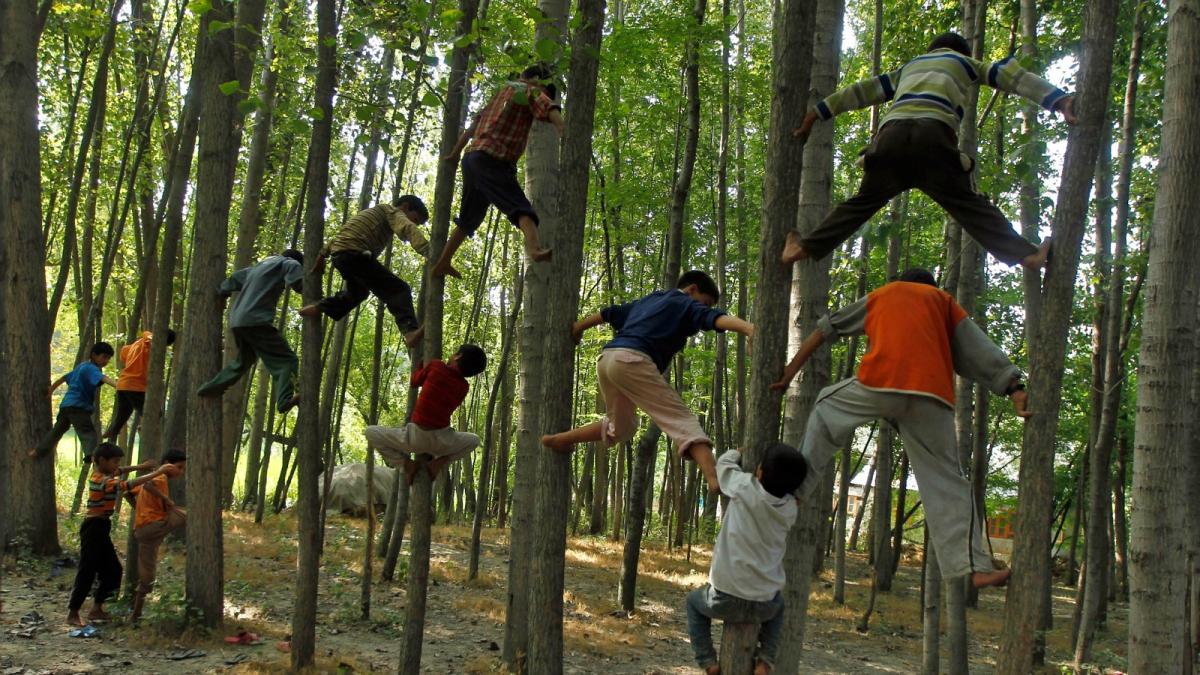Many of our planet’s most beautiful areas are also sites of intense conflicts. In a recent example, traditional herdsmen took over the land around Mount Kenya in February, which is a World Heritage Site and biodiversity hotspot, burning down the tourist lodge and bringing in thousands of cattle to graze.
These tensions also occur in wealthy nations, including the United States, where conflicts continue to simmer over the control of federal lands and national wildlife refuges. But in former colonies in Asia and Africa, the contemporary effects of colonial land acquisitions are made even more complex by continuing social divisions based on caste or ethnicity. They also are worsened by social and cultural differences between staff of forestry agencies and the indigenous and forest-dependent groups who are affected most by these conflicts.
The conventional wisdom among many environmentalists is that there are inherent trade-offs between protecting the environment and securing social justice for indigenous and forest-dependent people. In my new book, Democracy in the Woods: Environmental Conservation and Social Justice in India, Tanzania, and Mexico, I challenge that pe... Read more
